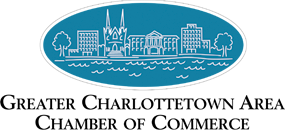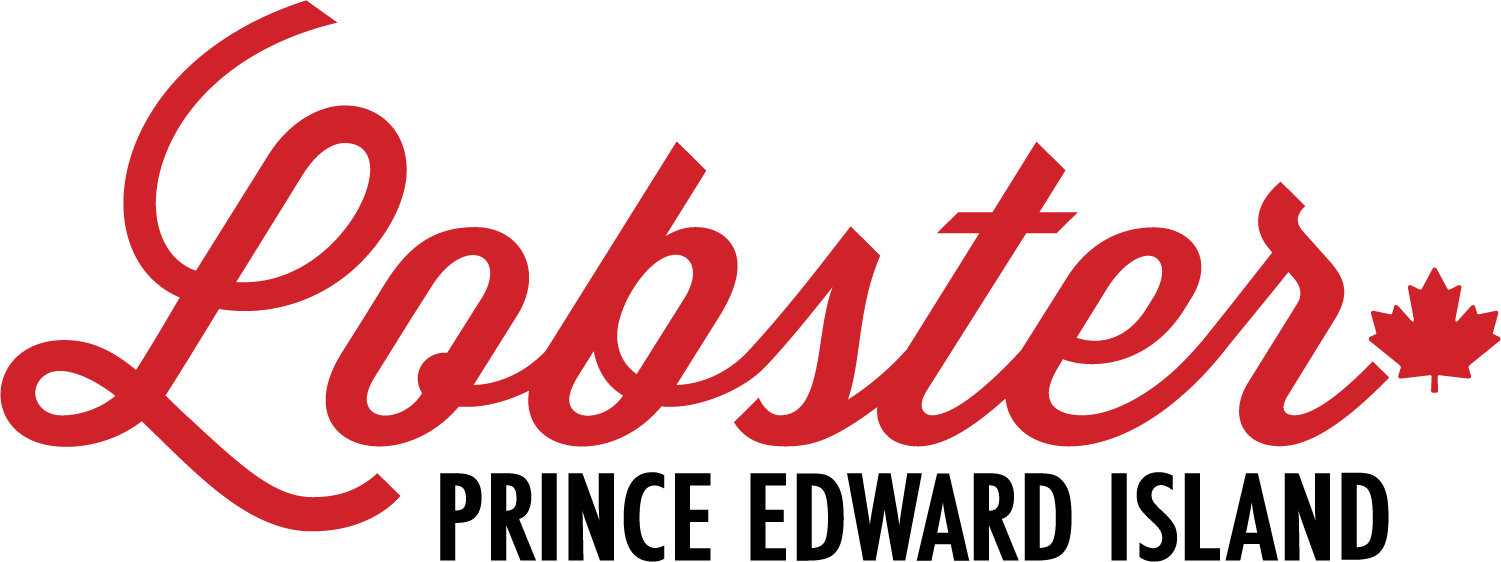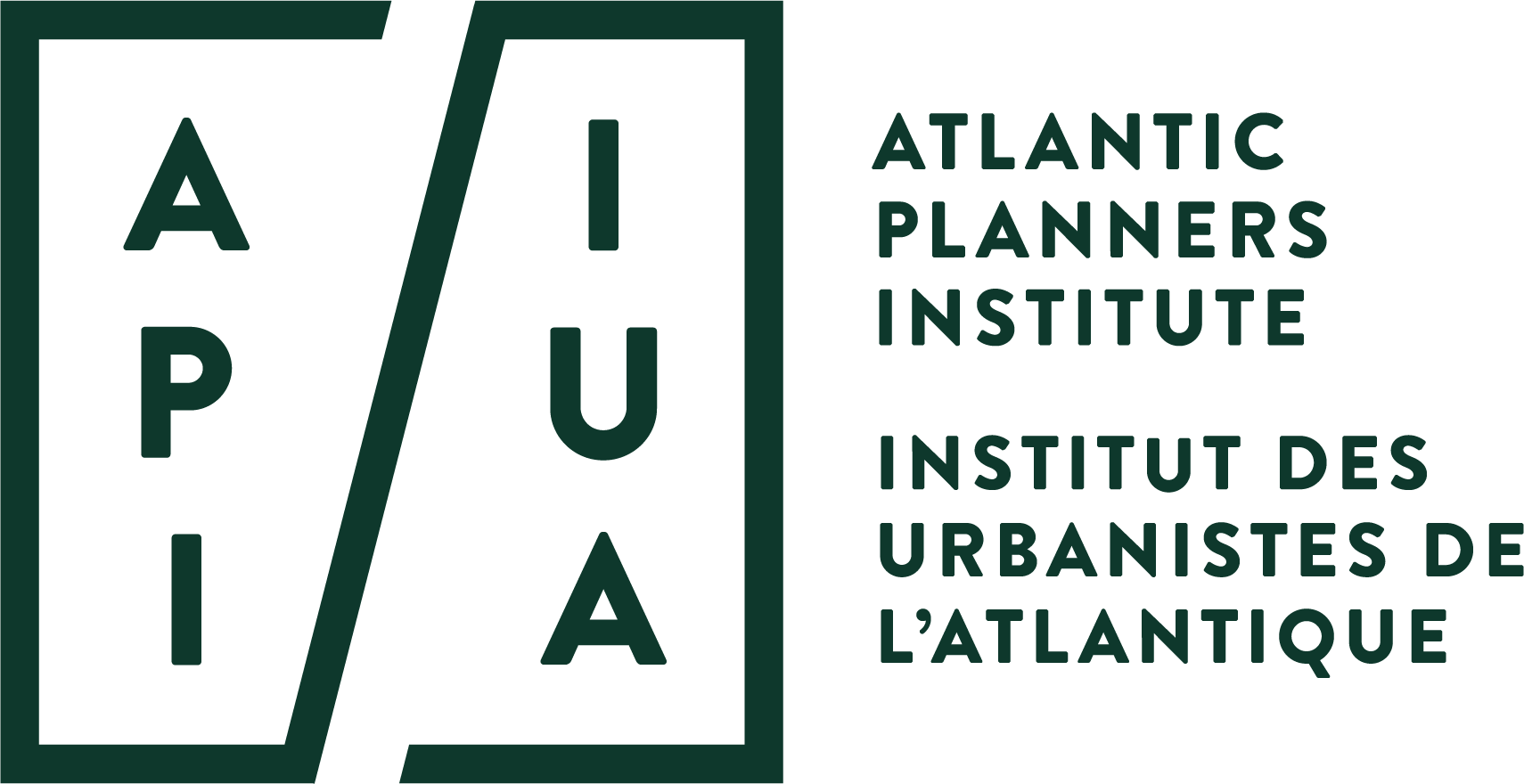Our Experience
Projects


Greater Charlottetown Area Chamber of Commerce
The Client: Greater Charlottetown Area Chamber of Commerce
The Need: In 2018 GCACC needed outside facilitation support to develop its new strategic plan.
The Solution: Michelle and Vicki led the board and staff through several facilitated workshops to identify strategic priorities and actions to guide the work of the organization for the next three years. The process also identified measures of success and provided the staff with clear processes and tools to support the development of an implementation plan.
The Result: GCACC adopted its new strategic plan in summer 2018.
Social Development and Housing
The Client: Social Development and Housing Prince Edward Island
The Need: The Government of Prince Edward Island needed public engagement services to support the development of a provincial housing action plan to provide timely access to safe, accessible, appropriate, and affordable housing for all Islanders.
The Solution: Michelle was engaged to create a public engagement process including, a survey for Islanders, facilitating three community engagement workshops and providing support to the Housing Supply Task Force established to inform the work and identify innovative approaches to address the housing challenges across the provinces
The Result: The government announced the Housing Action Plan in June 2018 with 55 recommendations on how to create affordable housing and meet the needs of Islanders. The government continues to implement the Plan.
College of Optometry of British Columbia
The Client: College of Optometry of British Columbia (COBC)
The Need: The College of Optometrists of British Columbia guides and regulates all optometrists registered win the province to ensure the public is provided with safe, ethical and effective optometric services. COBC is governed by a board of directors committed to high standards of governance. In 2019 COBC was interested in examining its governance model to ensure effectiveness and efficiency and best practices for a regulatory authority.
The Solution: AOR was engaged to develop a workshop for the board to discuss best practices and governance models to ensure effectiveness and efficiency.
The Result: Michelle provided a half day workshop for the board of directors on governance best practices and governance models, including examining the Coherent Governance model and Policy Governance model. The board is now working to develop its governance manual.


Optometry Examining Board of Canada
The Client: Optometry Examining Board of Canada (OEBC)
The Need: OEBC is the national non-profit organization responsible for developing and administering the entry to practice exam for optometrists in Canada. In 2018 OEBC identified a need to renew its governance model to better meet the needs of the organization, improve effectiveness and focus on the responsibilities of the board.
The Solution: Michelle facilitated a process with the board of directors to review its needs and responsibilities, and the Board selected to adopt a Policy Governance model to govern their organization. Michelle assisted the board in the development of their policy manual, provided tools and coaching to assist with the transition to the new model and provided coaching to the CEO on creating effective monitoring reports under the model. Support for a subsequent revision to the by-laws was also provided.
The Result: OEBC has successfully transitioned to a Policy Governance governance model and is completing a revision of their by-laws.


Lobster Fishers of PEI
The Client: Lobster Fishers of Prince Edward Island Marketing Board (LFPEI)
The Need: LFPEI was established in mid-2016 as a provincial marketing board to promote the sales of PEI lobster on behalf of the over 1200 lobster fishers in PEI. In summer 2017, LFPEI needed to finalize their governance processes, create a strategic plan and develop a marketing plan. The organization had no brand and no marketing creatives.
The Solution: Michelle and Vicki led an AOR team from 2017 to late 2018 to provide full association management services to LFPEI. AOR facilitated the adoption of a strategic plan; established governance policies and processes and operational polices and procedures; provided governance support; developed and implemented a full scale multi channel marketing plan; created a full brand identity and creatives, including logo, merchandise, photography, website and social media; implemented trade show booths, tasting events, festival satisfactions and promotional events; ran contests; established partnerships; secured external funding; and implemented a communications plan.
The Result: We assisted LFPEI establish its operations so they could move to hiring full time staff. We created a vibrant, fully developed marketing strategy that continues to promote the product locally, nationally and internationally.


Atlantic Planners Institute
The Client: Atlantic Planners Institute (API)
The Need: API is s a professional association that supports professional planners in the four Provincial Associations in the Atlantic provinces in Canada. As the secretariat for these provincial regulatory bodies, API provides full support for this regulated profession.Run by a volunteer board, in 2016 the organization needed additional support in modernizing members services.
The Solution: In August 2016 AOR began providing full association management services, including Executive Director services, event and conference management, member management, financial management, communications and administrative support. Our work has included by-law development and the development of policy and procedures.
The Result: API is now a thriving professional organization with updated by-laws, policies and procedures. There has been successive budget surpluses while simultaneously increasing member services. Annual conference attendance has increased and regular member communications keep members connected across the four Atlantic provinces.


Canadian Society of Landscape Architecture
The Client: Canadian Society of Landscape Architecture (CSLA)
The Need: In 2015, the CSLA Advocacy Task Force needed to undertake a study on the value of the profession of landscape architecture on Canadian society to assist with crafting advocacy messages.
The Solution: Jay and Michelle led an AOR team to conduct an in depth analysis on the value of the profession. Most of the data used in the analysis of the economic impact of the Landscape Architect industry and profession was obtained from Statistics Canada economic, industry, labour force and census data tables.
The Result: The final study provides an analysis of the social and economic impacts of the Landscape Architecture industry and profession in Canada, and an estimate of the extent of the industry and profession’s economic and fiscal contributions. More information can be found on the CSLA website.


Canadian Partnership Against Cancer
The Client: Canadian Partnership Against Cancer (CPAC)
The Need: The System Performance Initiative (SPI) is a national collaborative effort by CPAC aimed at driving long-term system change through the collection, analysis, reporting, uptake and exchange of pan-Canadian information on cancer control system performance. Since 2009, the System Performance Initiative has developed a number of knowledge products and knowledge translation approaches to share findings and inform quality improvement strategies, including: reports; articles; conference presentations; and a web application. In 2014, CPAC needed to undertake an evaluation of the impact of knowledge translation efforts related to the System Performance Initiative.
The Solution: Michelle and Jay led an AOR team that developed an evaluation framework; conducted a document review, literature scan, media scan and web analytics review; held key informant interviews; conducted a stakeholder survey; undertook stakeholder mapping; conducted a strategic inquiry; and developed of case studies. The evaluation data collected was used to identify the reach, use and impact of the System Performance Initiative.
The Result: AOR identified barriers and enablers for improving uptake and increasing impact of the SPI products as well as audience preferences in how they wished to receive information. The final report refreshed CPAC’s knowledge translation plan for the System Performance Initiative with a new model for knowledge translation aimed at increasing the impact of the System Performance body of knowledge on cancer care within the Canadian health care system.


Innovation, Science and Economic Development Canada
The Client: Innovation, Science and Economic Development Canada
The Need: The Computers for Schools Program Plus (CFS+) refurbishes donated computers and distributes them to schools, libraries, not-for-profit organizations, Indigenous communities and eligible low-income Canadians across Canada. The program is part of the Government of Canada’s Innovation and Skills Plan and aims to facilitate and encourage the participation of under-represented groups in the digital economy by investing in initiatives that provide them with the necessary tools, access and skills to participate. CFS+ is managed by the federal Department of Innovation, Science and Economic Development (ISED). There are fourteen affiliate non-profits which are funded under this program. The program is now twenty-six years old and has repurposed over 1.6 million computers across Canada. In 2018 the program received ongoing core funding with an emphasis on continuous improvement, effective distribution strategies and strengthened partnerships. As part of this emphasis on continuous improvement, ISED needed to support affiliates by exploring best practices for non-profit success.
The Solution: AOR was brought in to conduct several workshops and webinars with the affiliates on topics of mutual interest: good governance, strategic planning and developing meaningful measurement frameworks. The sessions were an opportunity for affiliates to share best practices and learn from each other.
The Result: In fall 2018 Michelle developed and facilitated an in person workshop on organizational measurement and measuring for social impact. In winter and spring of 2019 Michelle developed and facilitated two training webinars on governance best practices and on strategic planning. CFS+ affiliates have continued the process of sharing best practices and continuous improvement of their individual non-profit organizations.